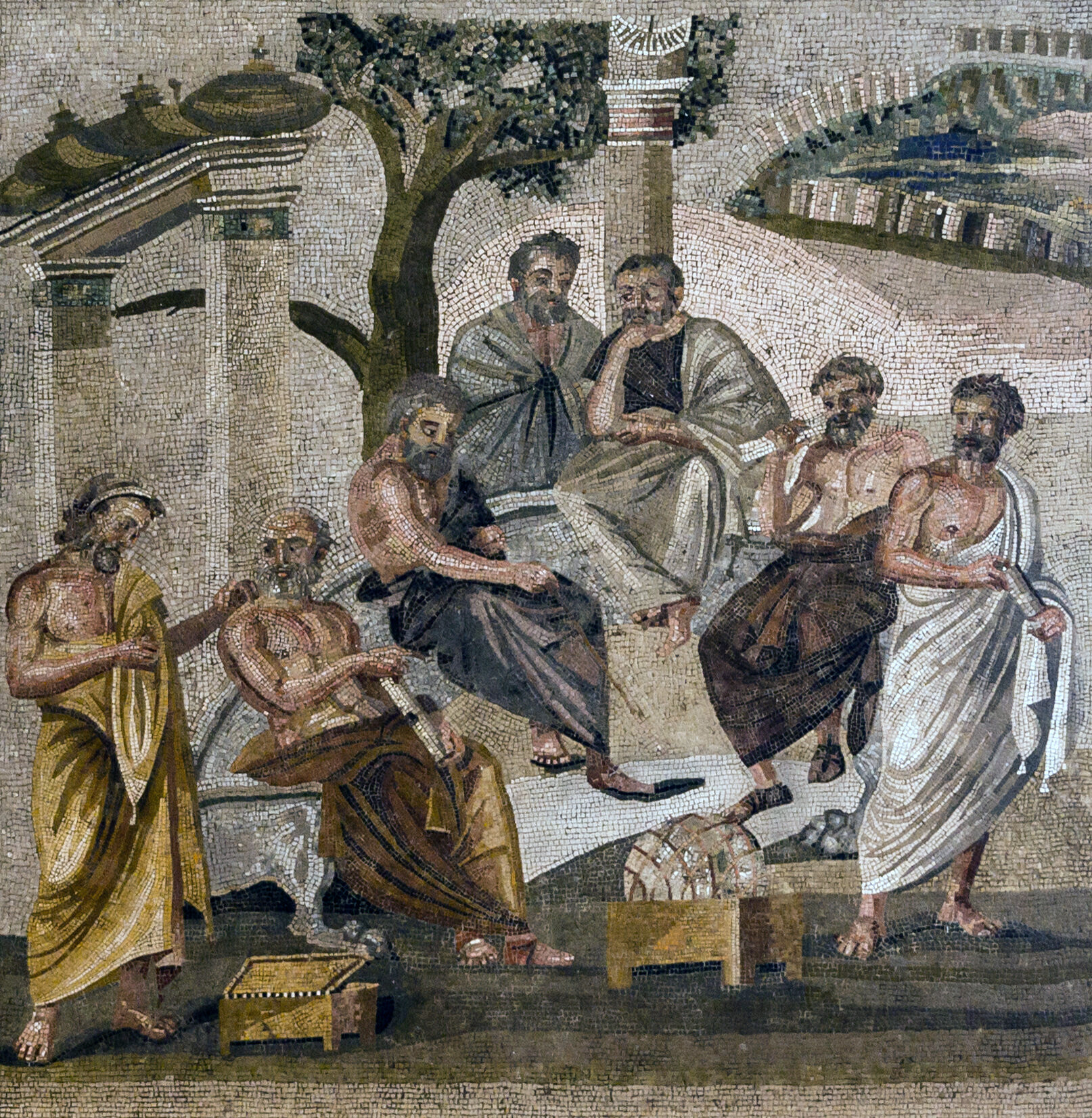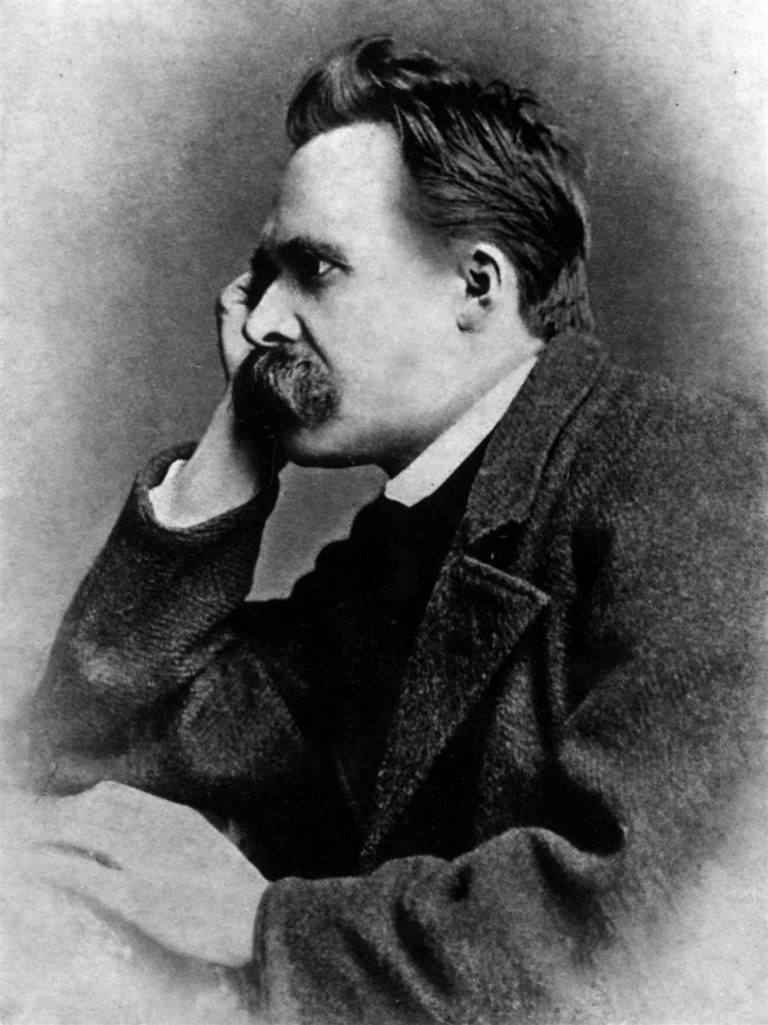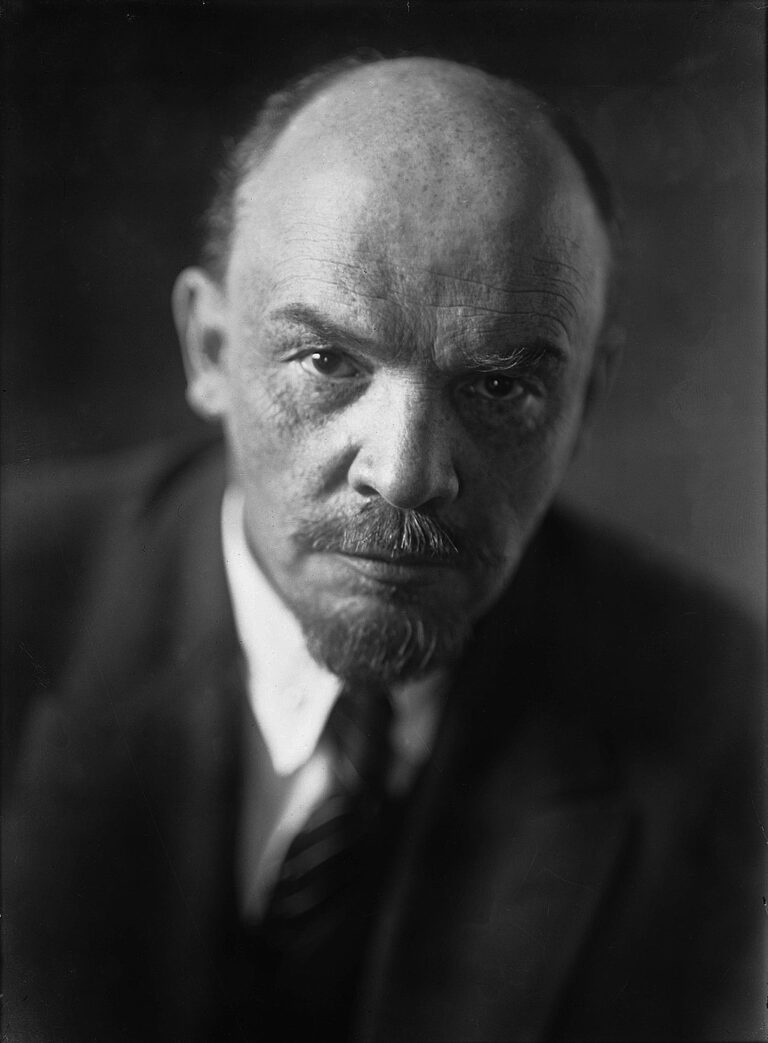
 Plato (428 – 348BC) is considered one of the most important figures in the history of Western philosophy. His contributions have had a lasting impact on the development of Western thought, and his ideas continue to be studied and debated to this day.
Plato (428 – 348BC) is considered one of the most important figures in the history of Western philosophy. His contributions have had a lasting impact on the development of Western thought, and his ideas continue to be studied and debated to this day.
Plato was a Greek philosopher born in Athens during the Classical period of Ancient Greece. He was a student of Socrates and a teacher of Aristotle. He founded the Academy in Athens, which was the first institution of higher learning in the Western world. Plato’s philosophy was characterized by his belief in the existence of eternal, universal forms or ideas, which he believed were the basis of all things in the physical world.
Idealism
One of Plato’s most famous ideas is the concept of the “Forms.” According to Plato, the Forms are eternal, unchanging, and perfect versions of things in the physical world. For example, there is a Form of beauty that is the perfect embodiment of beauty, and all physical objects that are beautiful participate in this Form. Plato believed that the Forms are more real than the physical world, and that knowledge of the Forms is necessary for true understanding.
Plato’s theory of the Forms has had a significant influence on Western philosophy. It has influenced the development of metaphysical and epistemological theories, and it has also had an impact on theology and ethics.
In addition to his ideas about the Forms, Plato also made important contributions to political philosophy. His most famous work in this area is “The Republic,” in which he outlines his vision of the ideal state. In “The Republic,” Plato argues that the best form of government is a meritocracy in which the rulers are chosen based on their ability and virtue. He also believed that the education and training of the ruling class was of the utmost importance, as they would be responsible for the well-being of the entire society.
Plato’s ideas about the ideal state have had a lasting impact on political thought. Many political philosophers have drawn on his ideas, and his vision of the meritocracy has influenced the development of modern democratic systems.
In conclusion, Plato’s contributions to Western philosophy have had a lasting impact on a wide range of areas, including metaphysics, epistemology, politics, and ethics. His ideas continue to be studied and debated to this day, and his influence can be seen in many aspects of modern thought.
The Republic
The Republic is a philosophical dialogue written by Plato around 380 BCE. It is one of his most well-known works and is widely considered a foundational text in Western philosophy.
The dialogue is set in a conversation between Socrates, Plato’s mentor, and several other Athenians. It centers around the question of what constitutes a just society and how it can be achieved.
The dialogue begins with the character Cephalus stating that the elderly should be content with the simple pleasures of old age, such as spending time with friends and avoiding worry. Socrates refutes this idea, saying that the true goal of life is to live a good and just life, and that the elderly should be striving to achieve this goal even in old age. This leads into a discussion of justice, and Socrates proposes that a just society can only be achieved if everyone performs the tasks for which they are best suited. He argues that this requires a merit-based society, where people are chosen for their roles based on their abilities and not their social status or wealth. Socrates then introduces the concept of the “philosopher-king,” a ruler who is both wise and just. He suggests that this type of ruler is necessary for a just society, as they will be able to make fair and rational decisions for the good of the community. The dialogue also explores the idea of the “noble lie,” which is a falsehood told for the greater good. Socrates suggests that it may be necessary for the ruling class to use noble lies to maintain social stability and prevent conflict.
The Republic also includes the allegory of the cave, in which Plato uses the metaphor of prisoners in a cave to represent the way that people often only see a limited version of the world. He suggests that the philosopher-king, who has seen the outside world, is better equipped to lead the community because of this broader perspective. Overall, The Republic is a thought-provoking work that explores the nature of justice and the ideal form of government. It has had a significant impact on Western philosophy and continues to be widely studied and debated by scholars today.
Who were the rulers in Plato’s republic and why were they special?
In Plato’s Republic, the rulers are referred to as the philosopher-kings. They are special because they possess both wisdom and justice, which Plato believed were essential qualities for a ruler to have in order to govern justly. According to Plato, the philosopher-kings are chosen for their role based on their abilities and not their social status or wealth. They are trained from a young age in the pursuit of wisdom and are required to undergo a rigorous education program that includes study in the fields of mathematics, science, and philosophy. This education is meant to give them the knowledge and critical thinking skills necessary to make fair and rational decisions on behalf of the community. The philosopher-kings are also expected to embody the virtues of justice and fairness in their personal lives, as Plato believed that a just ruler must be just in their own actions as well. Plato believed that the philosopher-kings were necessary for the maintenance of a just society because they were the only group of people who were both capable of understanding the good of the community as a whole and motivated to seek it. He argued that other rulers, such as those chosen based on wealth or social status, would be more likely to act in their own self-interest rather than the interest of the community.
The Gold people
In Plato’s Republic, the “gold people” are one of the three classes of society that he proposes as part of his ideal state. The three classes are: the rulers (the philosopher-kings), the auxiliaries (the soldiers and police), and the producers (the artisans, farmers, and merchants). The gold people are the philosopher-kings, who are the rulers of the society. They are called the “gold people” because they are the most valuable class in society, according to Plato. This is because they possess both wisdom and justice, which he believed were essential qualities for rulers to have in order to govern justly. The philosopher-kings are chosen for their role based on their abilities and not their social status or wealth. They are trained from a young age in the pursuit of wisdom and are required to undergo a rigorous education program that includes study in the fields of mathematics, science, and philosophy. This education is meant to give them the knowledge and critical thinking skills necessary to make fair and rational decisions on behalf of the community. Plato believed that the philosopher-kings were necessary for the maintenance of a just society because they were the only group of people who were both capable of understanding the good of the community as a whole and motivated to seek it. He argued that other rulers, such as those chosen based on wealth or social status, would be more likely to act in their own self-interest rather than the interest of the community.
The Silver people
The silver people are the auxiliaries, who are responsible for the defense and security of the state. They are called the “silver people” because they are the second most valuable class in society, according to Plato. This is because they are responsible for protecting the state and maintaining order, which are important tasks for the well-being of the community. The auxiliaries are chosen for their role based on their physical and mental abilities, as they need to be strong and brave in order to defend the state and maintain order. They are also required to undergo a rigorous education program that includes training in the arts of war and physical fitness, as well as study in the fields of mathematics and philosophy. This education is meant to give them the skills and knowledge necessary to perform their duties effectively. Like the philosopher-kings, the auxiliaries are expected to embody the virtues of justice and fairness in their personal lives. They are also expected to be loyal to the state and to put the needs of the community above their own personal interests.
We’ll let you work out who were the bronze people of least importance to Plato’s Republic!

